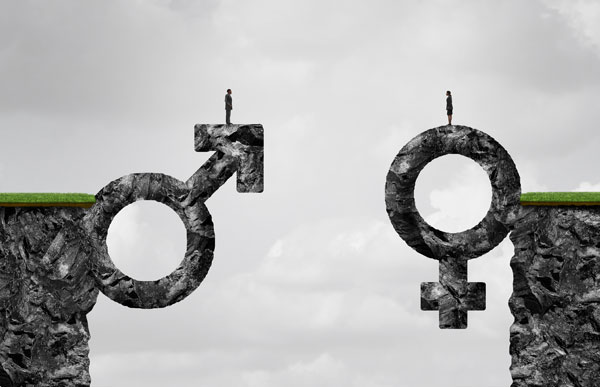Women still lag in many areas, while glaring disparity emerges in the technology field

Gender equality is not just the right thing to do—it also makes good economic sense. Yet across the world, women are still a long way off from achieving gender parity with men, according to a new report from the World Economic Forum.
The 2018 Global Gender Gap Index finds that women have reached 68 percent parity overall, leaving a gap of 32 percent. The report measures the gender gap in four main areas: economic participation and opportunity, educational attainment, health and survival, and political empowerment.

When it comes to leadership, women still have a long way to go. They represent just 18 percent of ministers and 24 percent of parliamentarians globally, and they hold just 34 percent of managerial positions. In terms of broader economic power, women continue to experience large gaps with men in their control of financial assets and in time spent on housework and other unpaid tasks.
The report also flags the disturbing emergence of gender gaps in skills related to artificial intelligence (AI). It finds that only 22 percent of AI professionals worldwide are women, while 78 percent are men. The implications of this finding are worth noting. First, this skills gap may worsen future gender gaps, as AI skills will be increasingly in demand. Second, technology across many fields is being developed without diverse talent, limiting its innovative and inclusive capacity. Third, the low integration of women in AI implies a significant missed opportunity: the world cannot afford to deprive itself of women’s talent in a field where talent is already scarce.

To stay competitive, then, countries must make gender equality a priority. The report points to potential role models by revealing those countries that—within their region or income group—are leaders in distributing resources more equitably between women and men, regardless of the overall level of resources.
Opinions expressed in articles and other materials are those of the authors; they do not necessarily reflect IMF policy.






